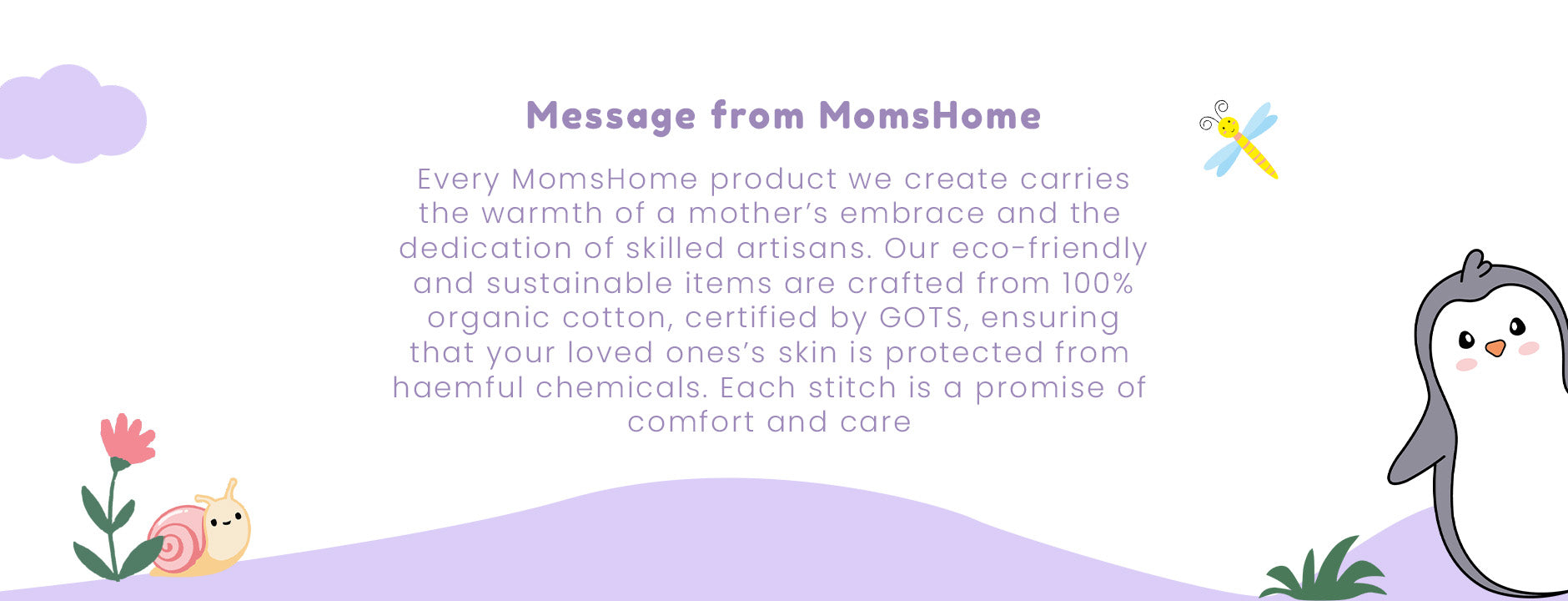Preparing for Labor and Delivery: What to Expect and How to Prepare
Introduction
Preparing for labor and delivery is super important because it helps you feel more confident, informed, and ready for the big day. Here's why it's crucial in a nutshell:
- Knowledge is Power: Understanding the process of labor and delivery can help ease anxiety and fear. Knowing what to expect during each stage can give you a sense of control and empowerment.
- Making Informed Decisions: When you're prepared, you can make informed choices about your birth preferences. Whether it's pain management options, birthing positions, or interventions, being knowledgeable allows you to advocate for yourself and your baby.
- Emotional Readiness: Pregnancy and childbirth can bring a rollercoaster of emotions. Preparing emotionally helps you navigate the emotional ups and downs, allowing you to better cope with the challenges that may arise.
- Physical Fitness: Preparing your body through exercise and maintaining a healthy lifestyle can enhance your stamina and strength during labor. It may also contribute to a smoother recovery postpartum.
- Creating a Support System: Preparing for labor and delivery involves involving your partner, family, or friends in the process. Building a strong support system ensures you have the encouragement and assistance you need during this transformative experience.
- Postpartum Preparedness: Understanding what to expect after delivery, from breastfeeding to postpartum care, can help you feel more prepared for the weeks following birth.
Understanding the Stages of Labor:
Let's dive into the three stages of labor and what happens during each one:
- Stage 1: Early Labor, Active Labor, and Transition
- Early Labor: This stage is all about the early signs of labor, like mild contractions and cervical dilation. It can last for several hours or even days. During this stage, you may experience discomfort and excitement as labor begins.
- Active Labor: In this stage, contractions become stronger, longer, and closer together. This is when you'll head to the hospital or birthing centre. Active labor can last for 4-8 hours, but it varies for each person.
- Transition: This is the intense and challenging phase right before pushing. Contractions are powerful and frequent. Transition can be intense, lasting around 30 minutes to 2 hours.
- Stage 2: Pushing and Birth
- This stage is all about pushing your baby out into the world. With each contraction, you'll bear down and push. It can take anywhere from a few minutes to a couple of hours. Your healthcare provider will guide you through the process, and soon enough, you'll meet your little one!
- Stage 3: Delivery of the Placenta
- After your baby is born, the third stage begins. This is when the placenta, also known as the afterbirth, is delivered. It usually happens within 5-30 minutes after birth. Your healthcare provider will assist you in delivering the placenta and ensure everything is complete.
Remember, these timelines are approximate, and every labor experience is unique. It's important to stay flexible and trust the guidance of your healthcare team.
Physical and Emotional Preparation:
Physical fitness and maintaining a healthy lifestyle during pregnancy are crucial for both you and your baby's well-being. Regular exercise can help improve your stamina, strength, and flexibility, which can be beneficial during labor and delivery. It can also help manage weight gain, reduce pregnancy discomfort, and improve your mood.
Here are some tips and exercises to help you prepare for labor and delivery:
- Prenatal Yoga: Yoga can help strengthen your body, improve flexibility, and promote relaxation.
- Pelvic Floor Exercises: Strengthening your pelvic floor muscles can help with labor and postpartum recovery.
- Walking: Walking is a low-impact exercise that can help keep you active throughout your pregnancy. It's a great way to improve cardiovascular health and maintain overall fitness.
- Breathing Techniques: Learning deep breathing and relaxation techniques can help you stay calm and focused during labor.
Let's talk about the emotional aspect of preparing for childbirth. It's normal to feel a mix of excitement and anxiety as your due date approaches. Here are some coping mechanisms and relaxation techniques to help you navigate these emotions:
- Education and Support: Attend childbirth classes and seek support from your healthcare provider, partner, family, and friends. Knowledge and emotional support can go a long way in easing anxiety.
- Visualisation and Positive Affirmations: Visualise a positive birth experience and use positive affirmations to boost your confidence. Repeat phrases like "I am strong" or "My body knows how to birth my baby."
- Relaxation Techniques: Practise relaxation techniques such as deep breathing, meditation, and progressive muscle relaxation. These can help you stay calm and manage any discomfort during labor.
Remember, every pregnancy and labor experience is unique. It's important to listen to your body, follow your healthcare provider's advice, and do what feels right for you.
Partner's Role and Support:
The partner's role during labor and delivery is super important. They can provide crucial emotional and physical support to the mother. Here are some practical tips for partners to be actively involved:
- Be present and attentive: Stay by your partner's side throughout the process, offering words of encouragement and reassurance. Your presence alone can provide a sense of comfort.
- Help with relaxation techniques: Learn and practise relaxation techniques together, such as deep breathing or massage. These can help manage pain and create a calming environment.
- Assist with comfort measures: Offer ice chips, water, or snacks to keep your partner hydrated and energised. Help adjust pillows, provide back rubs, or assist with position changes to promote comfort.
- Advocate for your partner: Communicate your partner's needs and preferences to the healthcare team. Be their voice and ensure their wishes are respected.
- Stay informed: Attend prenatal classes with your partner to learn about the stages of labor and different coping strategies. This knowledge will help you support your partner better.
Conclusion
Preparing for labor and delivery is super important because it helps you feel more confident, informed, and ready for the big day. By taking the time to prepare, you'll be better equipped to handle the journey of labor and delivery with confidence and peace of mind. You've got this, mama!





